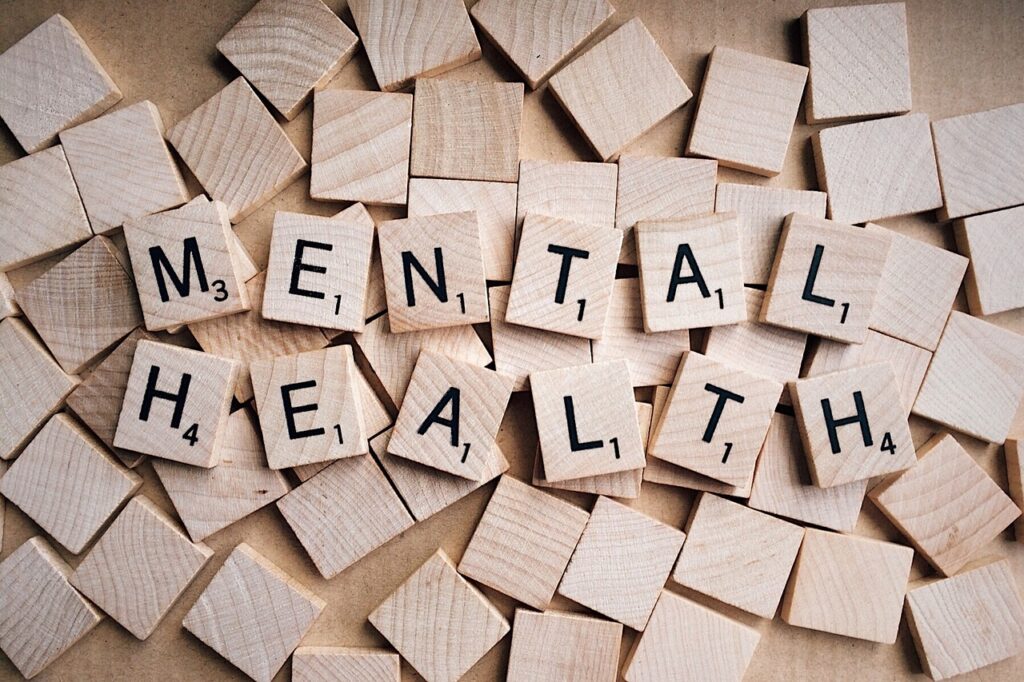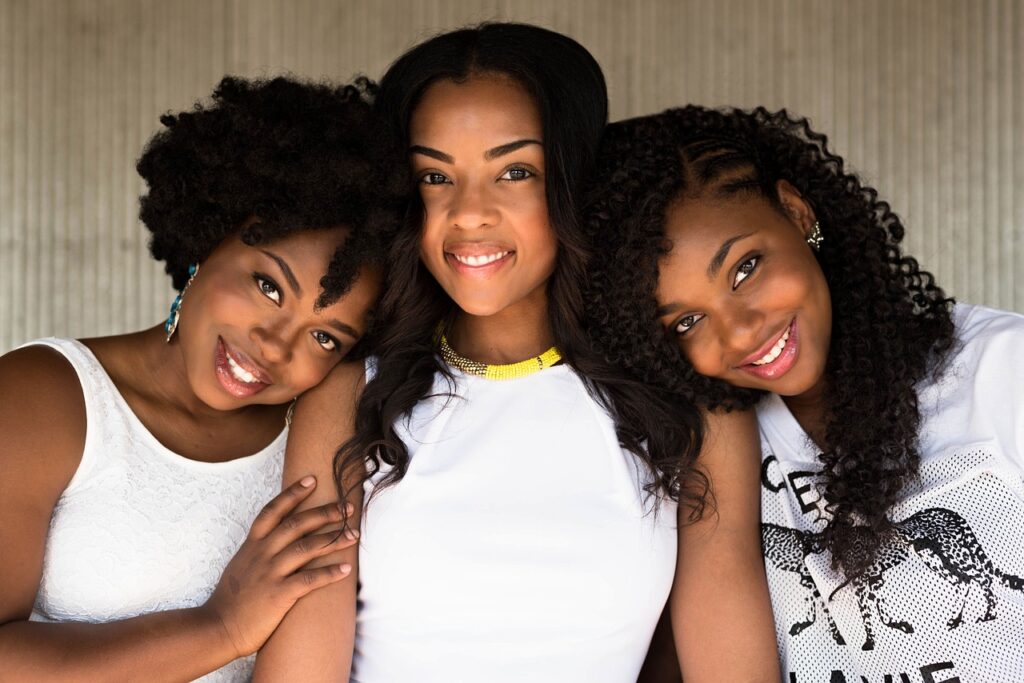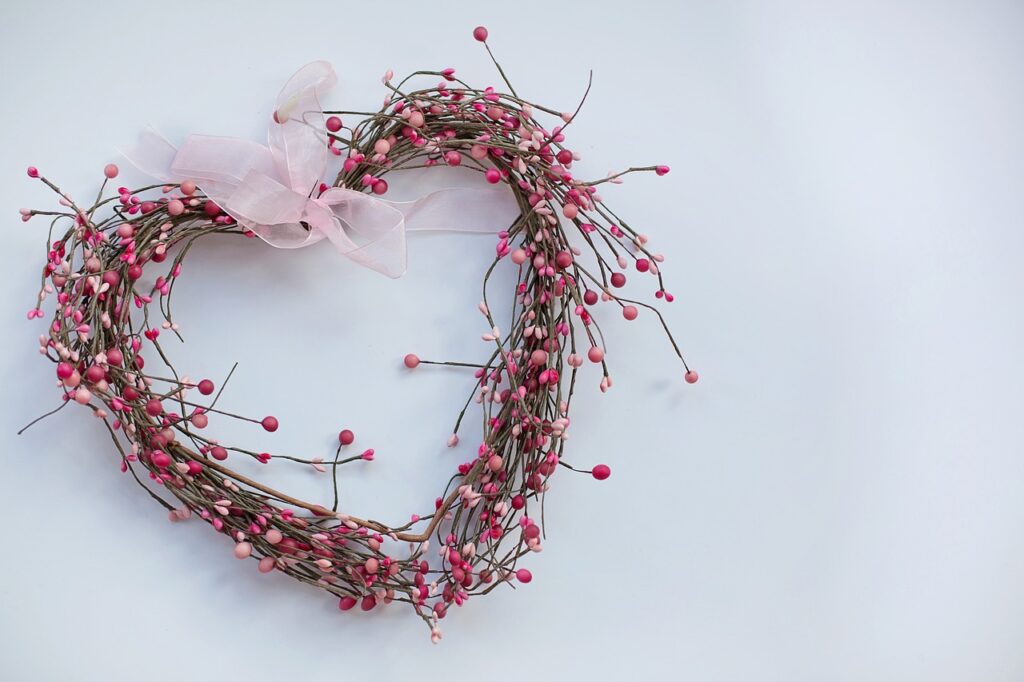
I love learning new things, and listening to Michelle Obama’s latest podcast kept my attention. I paused the episode several times to write down all the gems she shared alongside her guest, Elaine. They offered so much wisdom that it made me reflect on a powerful question: Why are hard questions key to finding what you truly want? After thinking about it, I came up with five reasons, and I’d love to share them with you.
Reason 1 – You determine who the right people are for you:
Asking questions isn’t about interrogating someone; it’s about getting to know them and deciding if they’re a good fit for you. Michelle points out that you don’t need to ask everything right away, but once you’re serious about someone, it’s a good time to start asking the tough questions. You’ll want to understand their vision for the future and whether it aligns with yours. While love is important, shared values are crucial for determining compatibility and long-term happiness. The reality is that even if you love someone if your values and future goals don’t align, the relationship likely won’t bring the happiness you desire.
Reason 2 – You establish clear communication:
Asking the right questions helps you understand how a person communicates and how comfortable they are with tough conversations. You’ve probably heard that communication is key to any healthy relationship. I liked how Michelle emphasized that if you’re unable to express yourself openly in a relationship, it could be a sign that the person may not be the right fit for you. If they become defensive, it shows they might not be ready for honest dialogue, which can be a red flag early on. Since communication is the foundation of a healthy relationship, it’s important to pay attention to how someone reacts to your questions and concerns.
Reason 3 – You can make better decisions:
I loved the quote Elaine shared: “When people show you who they are, believe them the first time.” I encourage you to ask questions to see who people are. The answers you receive can reveal whether or not it is best to stay or move on. While you might have a fantasy, asking the right questions gives you a reality check. You might have someone you love, but you recognize that your values and life goals conflict. Instead of hoping you can change them, accept that they may not be the right person for you. Be willing to let go to create space for the right person.
Reason 4 – You gain clarity:
The best way to gain clarity is to ask questions rather than make assumptions. Many people believe others will change, but unless someone explicitly states and shows they are committed to change, don’t expect it. Instead, consider whether who they are right now is enough for you to be happy and fulfilled in the long run. You can only determine that by understanding your values, beliefs, goals, and dreams. Think about your values, beliefs, goals, and dreams. Do you have someone who supports what you want? It is critical to have clarity around this question because who you choose to be with is a significant decision.
Reason 5 – You become more confident asking for what you need:
Michelle encourages women to practice asking for what they want. She points out we might have a hard time asking for what we want because we are afraid of the answer. Maybe you’re afraid to hear that they can’t give you what you want. Or you’re afraid they will judge you for what you need. But she points out beautifully that the answer reveals whether or not they are a good fit for you. The answer doesn’t make you less deserving. It just means the person wasn’t for you. Better to know now than later.
If someone can’t give you what you want or judges you for what you want, they are not your person. I know that rejection can be painful, but what is more painful is missing out on what you deserve. You cannot miss out on what you are willing to wait for. If you recognize that someone isn’t right for you, be willing to wait for someone better.
Closing Remarks
I hope that as you get to know new people, you don’t forget to ask the hard questions. While it may be uncomfortable, asking hard questions is essential to determining who is a good fit for you. It also establishes clear communication, provides clarity, and leads to better decisions. Regardless of the answer you receive, remember you deserve what you want. If the answer doesn’t fit what you want, be willing to let go to create space for what you desire.








